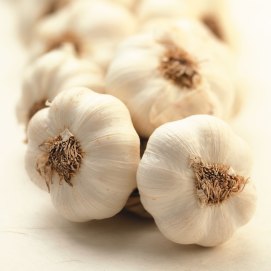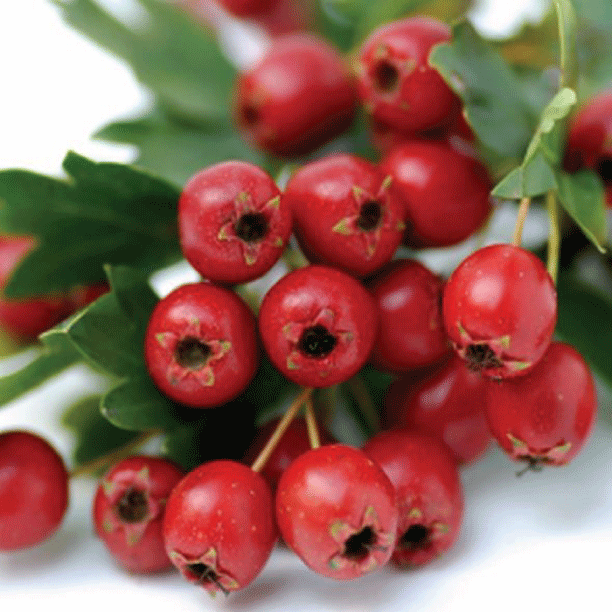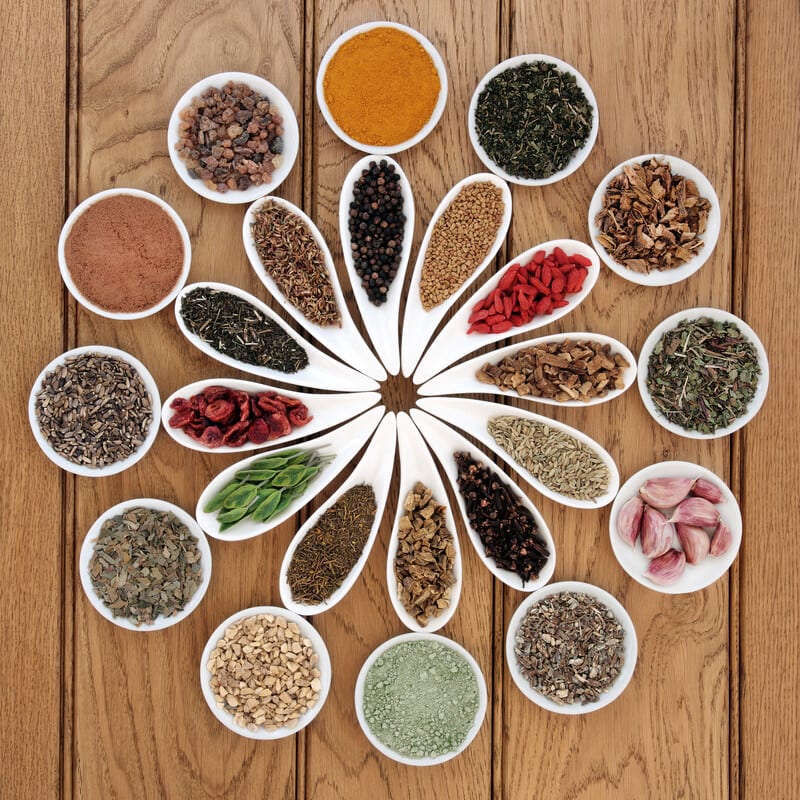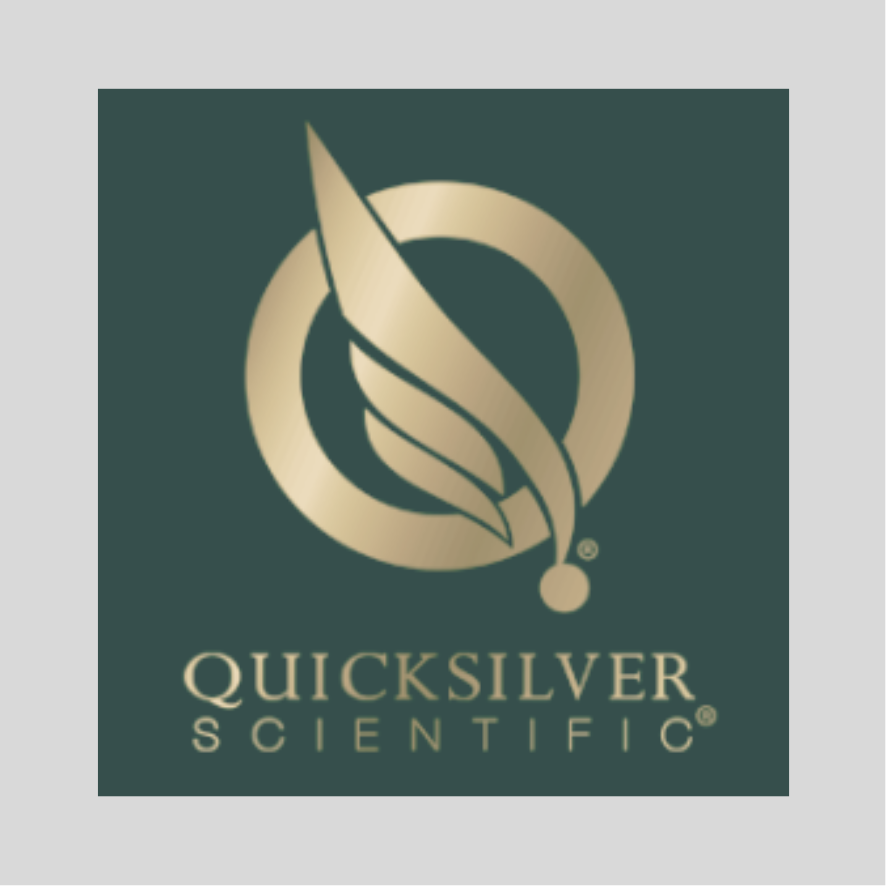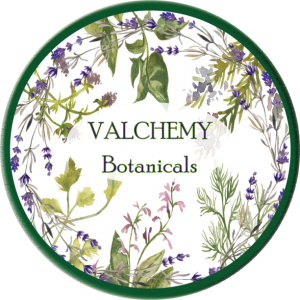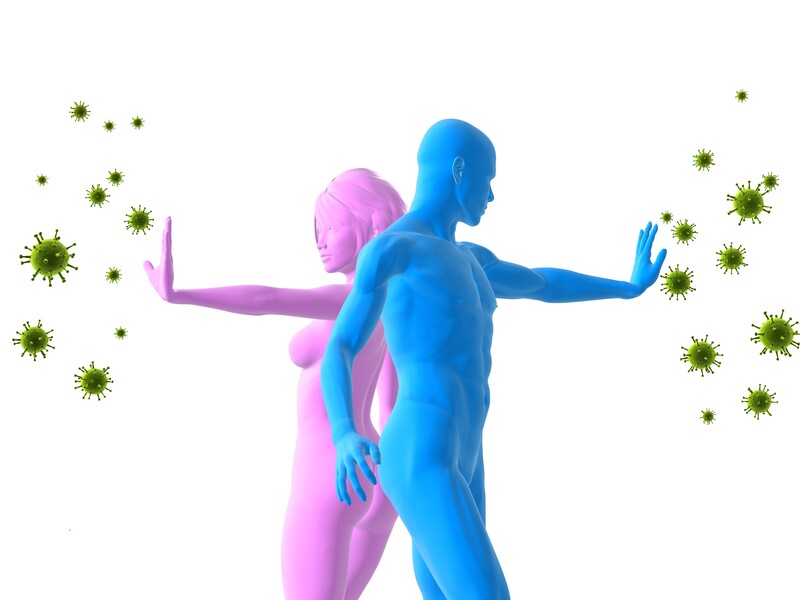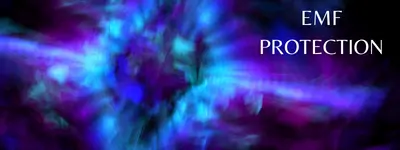Natural killer (NK) cells, a specific type of white blood cell, are an important component of your innate immune system. Your immune system consists of two different branches — cell-mediated immunity (innate) and humoral immunity (adaptive). When you contract a viral disease, the pathogen enters your body and infects your cells. The subsequent disease process involves your cell-mediated immune response, which activates your NK cells, along with chemicals that attract them to the site of infection, where the white blood cells basically chew up and spit out the infected cells. This process clears the virus and rejuvenates the gel-like water inside your cells.
During recovery, your humoral immune system kicks in and starts generating antibodies against the virus to help prevent the same kind of disease process and symptoms from occurring again, should you be exposed to the same virus later on. As long as your cell-mediated immune system is activated first and the humoral immune system is activated second, you will have long-lasting immunity against that pathogen.
On a side note, naturally acquired herd immunity in a population comes into play when a very high percentage of individuals have gone through this sequence of cell-mediated and humoral immune response. This sequence is not followed during vaccination, which is why vaccine-induced “herd immunity” is a misnomer.
NK Cells Protect Against Viral Disease and Tumors
NK cells are involved in both viral disease and diseases such as cancer and autoimmune conditions. NK cells are cytotoxic, meaning they’re capable of killing cells. Tiny granules in the cytoplasm contain granzymes — special proteins such as perforin and proteases. Perforin, hinting at the functional basis of its name, perforates the cell membrane of the cell targeted for elimination, allowing the proteins and other chemicals to enter, thereby inducing apoptosis (programmed cell death) that destroys the virus along with the infected cell.
The NK cells keep viral replication in check while the adaptive arm of your immune system “learns” the properties of the virus and creates antibodies to match.
Research confirms that when you are deficient in NK cells, you’re far more susceptible to viral infections, and likely tumor formation as well. NK cells also help regulate your immune system by producing cytokines, signaling molecules that stimulate and regulate other immune system cells.
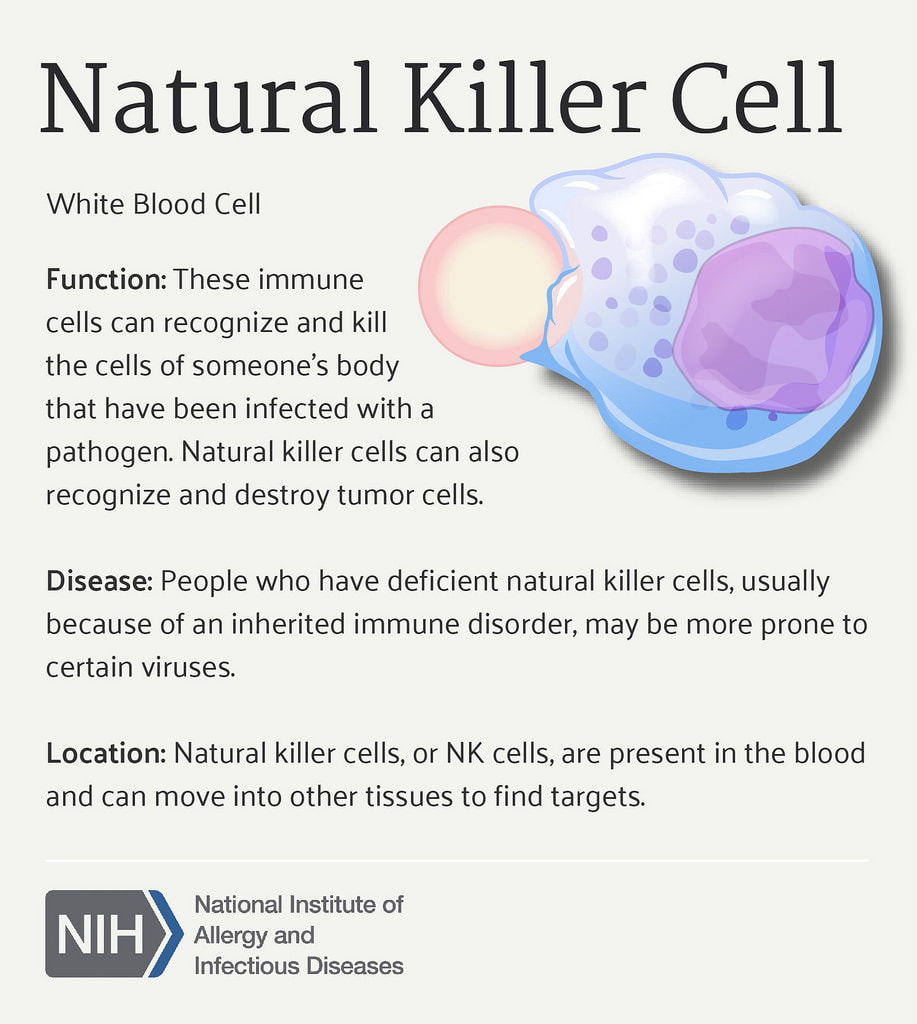
Ways to Boost Your NK Cells
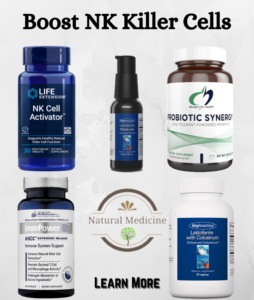 While the researchers hope their findings may help develop more effective flu vaccines, you don’t need drug intervention to boost your NK cells and hence your protection against virtually all viruses and malignancies.
While the researchers hope their findings may help develop more effective flu vaccines, you don’t need drug intervention to boost your NK cells and hence your protection against virtually all viruses and malignancies.
NK cells tend to lose functionality as you age, leaving you more susceptible to disease, including viral infections such as influenza and cancer. The medical term for this degeneration is “immune senescence.” The good news is you can counteract this decline in a number of different ways, including the following:
-
- Get regular exercise — In one study, moderate exercise improved NK cell function in cancer patients.
- Quit smoking — Quitting smoking will also help, as smoking impairs NK cell function.
- Consume enzymatically modified rice bran (EMRB) — EMRB is produced by exposing rice bran fiber to enzymes isolated from the shiitake mushroom. In one 2013 study, a rice bran product called MGN-3 increased NK cell activity by as much as 84 percent in patients with multiple myeloma after three months of treatment. In an earlier study, old mice injected with EMRB had a fivefold increase in NK cell activity within two days.
- Use cardamom — A relative of turmeric, known for its potent immune-boosting benefits, cardamom increases NK cell activity. A 2007 study found cardamom inhibited colon cancer by preventing cellular damage caused by the accumulation of toxins and various waste products in the colon.This tasty spice also has strong antioxidant and antimicrobial activity, effectively inhibiting E. coli, Staphylococcus aureus and Pseudomonas aeruginosa, the latter of which is a common source of hospital-acquired infections.
-
- Add black pepper to your food — Like cardamom, black pepper has also been shown to enhance the cytotoxic activity of NK cells and promote healthy immune function.
- Take a colostrum supplement — Colostrum is milk produced within the first 24 to 48 hours of giving birth. Colostrum from cows is very similar to human colostrum, and colostrum products are typically derived from cows. The colostrum contains an array of immune and growth factors required by the offspring.In a 2012 study on mice, oral administration of skimmed and concentrated bovine late colostrum was shown to activate the immune system and protect against influenza infection by boosting NK cell activity. Another 2014 animal study concluded that, “Colostrum supplementation enhanced NK cell cytotoxicity and improved the immune response to primary influenza virus infection in mice.” Colostrum-supplemented mice that did contract the flu also had less severe infection and a lower viral burden in the lungs compared to controls.An earlier study, published in 2007, found treatment with oral colostrum for two months prevented influenza infection three times more effectively than influenza vaccination. According to the authors, “Colostrum, both in healthy subjects and high-risk cardiovascular patients, is at least three times more effective than vaccination to prevent flu and is very cost-effective …”
- Eat mushrooms — Mushrooms such as shiitake, maitake and oyster mushrooms, also boost NK cell activity courtesy of beta-glucans, a polysaccharide known for its immune-boosting and cancer-fighting activities. As noted in a 2007 study in the journal Medicina:
“[B]eta-glucans … increase host immune defense by activating complement system, enhancing macrophages and natural killer cell function.
The induction of cellular responses by mushroom and other beta-glucans is likely to involve their specific interaction with several cell surface receptors, as complement receptor 3, lactosylceramide, selected scavenger receptors, and dectin-1 (betaGR). Beta-glucans also show anticarcinogenic activity.
They can prevent oncogenesis due to the protective effect against potent genotoxic carcinogens. As [an] immunostimulating agent, which acts through the activation of macrophages and NK cell cytotoxicity, beta-glucan can inhibit tumor growth in promotion stage too.”
- Try active hexose correlated compound (AHCC) — AHCC is a commercially available fermented mushroom extract that supports healthy immune function, primarily by enhancing NK cell activity. As noted in a paper published in the Natural Medicine Journal:
“Supplementation studies with AHCC have demonstrated positive effects on immune function in humans and animal models, including decreased tumor formation, increased resistance to viral and bacterial infection; enhanced NK cell activity … increased T-cell proliferation, including altered T-cell activity; altered cytokine production … increased nitric oxide release by peritoneal cells; and antioxidant and anti-inflammatory effects …
Overall, AHCC has been suggested to enhance prognosis and quality of life in a variety of cancers, as well as to elicit potentially positive changes in cytokine production and lymphocyte populations — most notably increased NK cell activity.”
- Take probiotics — Beneficial bacteria found in traditionally fermented foods also boosts NK cell activity, and those with low NK cell levels tend to experience greater benefits from probiotic supplementation than those with healthy levels of NK cells.
- Add ginseng to your supplements — Panax ginseng augments NK cell activity and boosts cytokine production that lowers inflammation via a polysaccharide called ginsan.
- Take melatonin — Melatonin, a neurohormone produced by your pineal gland, is a well-recognized modulator of cancer risk. As noted in a 2006 paper on melatonin’s role in immune system enhancement and its applications in cancer:
“Physiologically, melatonin is associated with T-helper 1 (Th1) cytokines, and its administration favors Th1 priming. In both normal and leukemic mice, melatonin administration results in quantitative and functional enhancement of NK cells, whose role is to mediate defenses against virus-infected and cancer cells.
Melatonin appears to regulate cell dynamics, including the proliferative and maturational stages of virtually all haemopoietic and immune cells lineages involved in host defense — not only NK cells but also T and B lymphocytes, granulocytes and monocytes — in both bone marrow and tissues.”
Source article and references: https://takecontrol.substack.com/p/how-to-improve-immune-function-by-boosting-nk?s=r


